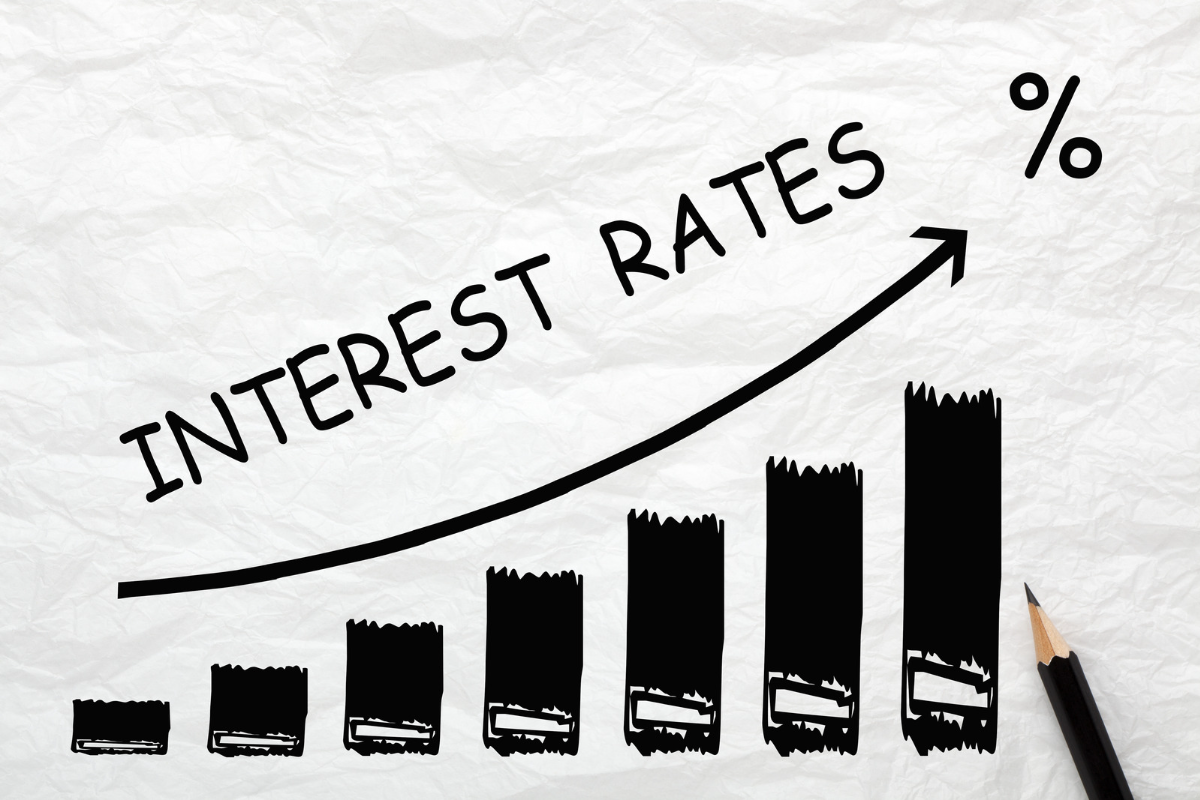To Fix or Not to Fix? Exploring the Pros and Cons of UK Mortgage Rates
When it comes to mortgages, one of the most important decisions you have to make is whether to fix or not to fix your mortgage rate. Many UK homeowners face this dilemma, and there are a range of factors to consider before making a decision. In this blog post, we will explore the pros and cons of fixed and variable mortgage rates in the UK, and provide guidance on how to make the right decision for you and your family. Stay tuned to find out more!
Fixed-rate mortgages – the pros
When considering taking out a mortgage, you may be wondering whether to opt for a fixed or variable rate. A fixed-rate mortgage, as the name suggests, has a set interest rate for a certain period of time, typically 2-5 years. But what are the pros of fixed-rate mortgages, and is it worth choosing one over a variable rate? Let’s take a look at some of the advantages
1. Certainty: Perhaps the most significant benefit of a fixed-rate mortgage is the certainty it provides. You know exactly how much your monthly mortgage payment will be, and you can budget accordingly. This can be particularly useful if you have a tight budget or want to avoid any unexpected changes to your payments.
2. Protection from interest rate rises: Another benefit of a fixed-rate mortgage is that it protects you from interest rate rises during the fixed term. If interest rates rise during this period, your payments will stay the same. This can be a real advantage if you’re worried about affordability or want to plan your finances with certainty.
3. Peace of mind: Fixed-rate mortgages can also provide peace of mind for homeowners, knowing that they have a set monthly payment for the duration of the fixed term. This can be particularly beneficial if you are on a tight budget or want to avoid any potential financial surprises.
4. Flexibility: Finally, fixed-rate mortgages can also be flexible. Many fixed-rate mortgages allow you to overpay your mortgage without any penalty fees, meaning you can reduce your overall mortgage term or potentially pay it off earlier. This can be a real benefit if you want to be mortgage-free sooner or have more flexibility with your finances.
Overall, fixed-rate mortgages can provide a range of benefits for homeowners. They offer certainty, protection from interest rate rises, peace of mind, and flexibility. However, there are also some potential drawbacks to fixed-rate mortgages, which we will explore next.
Fixed-rate mortgages – the cons
While there are certainly benefits to a fixed-rate mortgage, it’s important to consider the potential drawbacks as well. Here are some of the main cons to keep in mind:
1. Higher interest rates: Fixed-rate mortgages typically come with higher interest rates than variable-rate mortgages. This means that if interest rates drop after you lock in your fixed rate, you may end up paying more than you would have with a variable rate.
2. Less flexibility: Once you’ve signed up for a fixed-rate mortgage, you’re locked in for the term of the loan. This means you won’t be able to take advantage of any sudden drops in interest rates or make extra payments to pay down your mortgage faster.
3. Early repayment charges: Many fixed-rate mortgages come with early repayment charges if you decide to pay off your loan early or switch to a different mortgage product. This can be costly and may outweigh the benefits of a fixed rate.
4. Lack of predictability: While fixed-rate mortgages can provide peace of mind knowing that your monthly payments won’t change, they can also be unpredictable in the long term. This is because your fixed rate will only last for a set period, after which you may be forced to remortgage at a higher rate.
Overall, while fixed-rate mortgages can provide stability and peace of mind, they may not be the best option for everyone. It’s important to carefully consider the potential downsides and compare the different options available to find the right mortgage for your needs.
So, what’s the verdict?
Choosing between a fixed or variable rate mortgage ultimately comes down to your individual circumstances and risk tolerance.
If you value stability and predictability in your finances, a fixed-rate mortgage may be the way to go. You’ll know exactly how much your monthly payments will be, which can make budgeting and planning easier. And if interest rates rise, you’ll be protected from higher payments.
However, if you’re comfortable with uncertainty and have some flexibility in your finances, a variable rate mortgage may be the better choice. You may start out with a lower interest rate, which could save you money in the short-term. And if interest rates drop, you’ll see a decrease in your monthly payments.
It’s worth noting that many mortgage lenders in the UK now offer hybrid mortgages that combine elements of both fixed and variable rates. This can give you the best of both worlds, allowing you to benefit from a low variable rate while also having the option to lock in a fixed rate at any point.
Ultimately, the decision of whether to fix or not to fix your mortgage rate is a personal one that should take into account your financial goals, risk tolerance, and current market conditions. Consult with a mortgage advisor or financial professional to determine what’s best for you.





